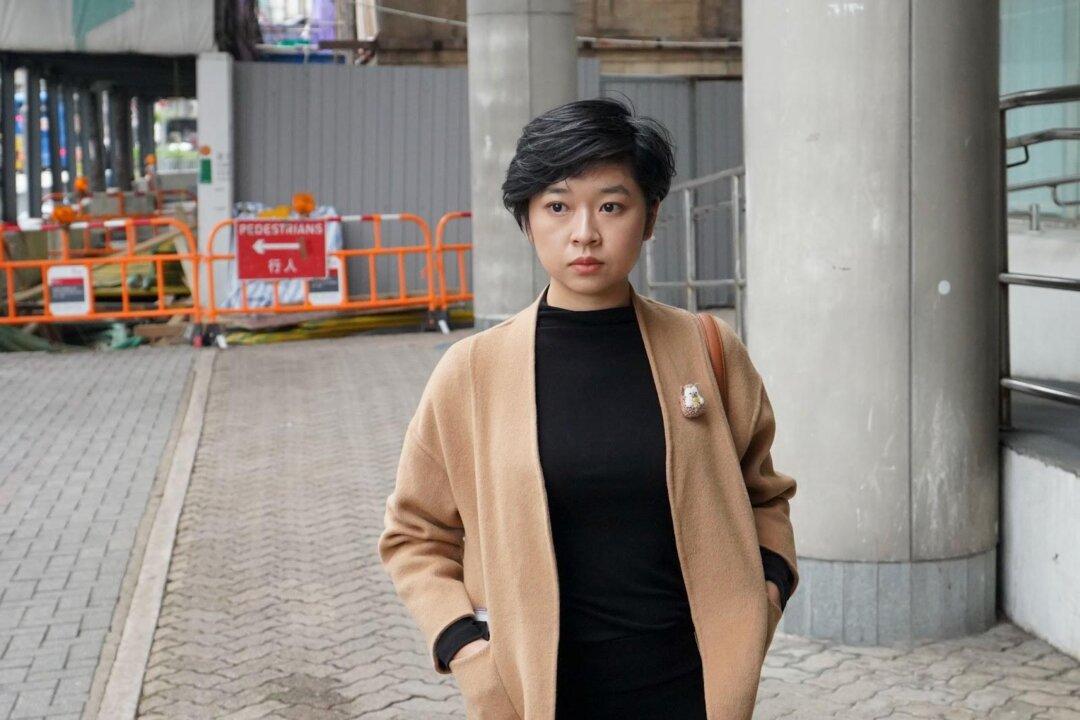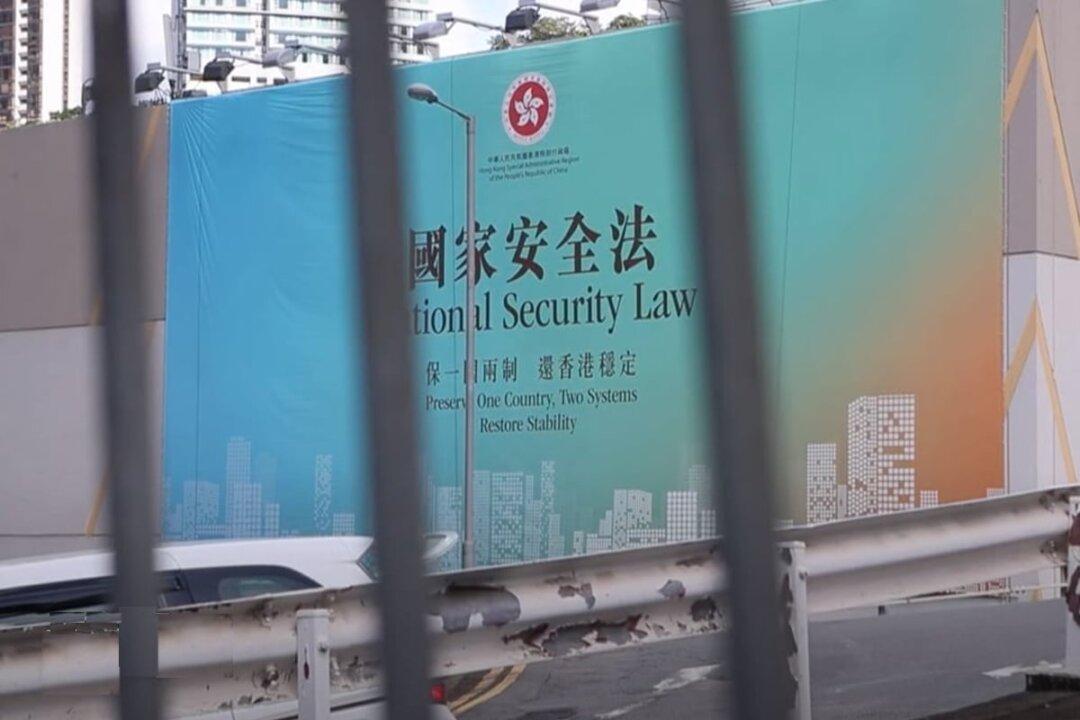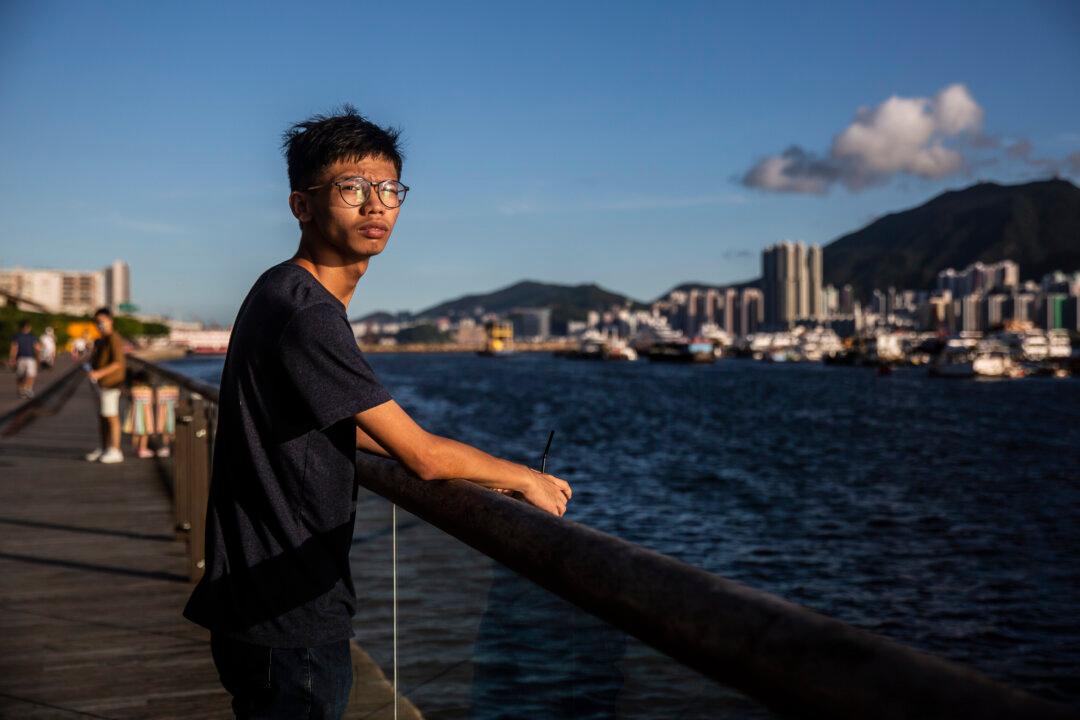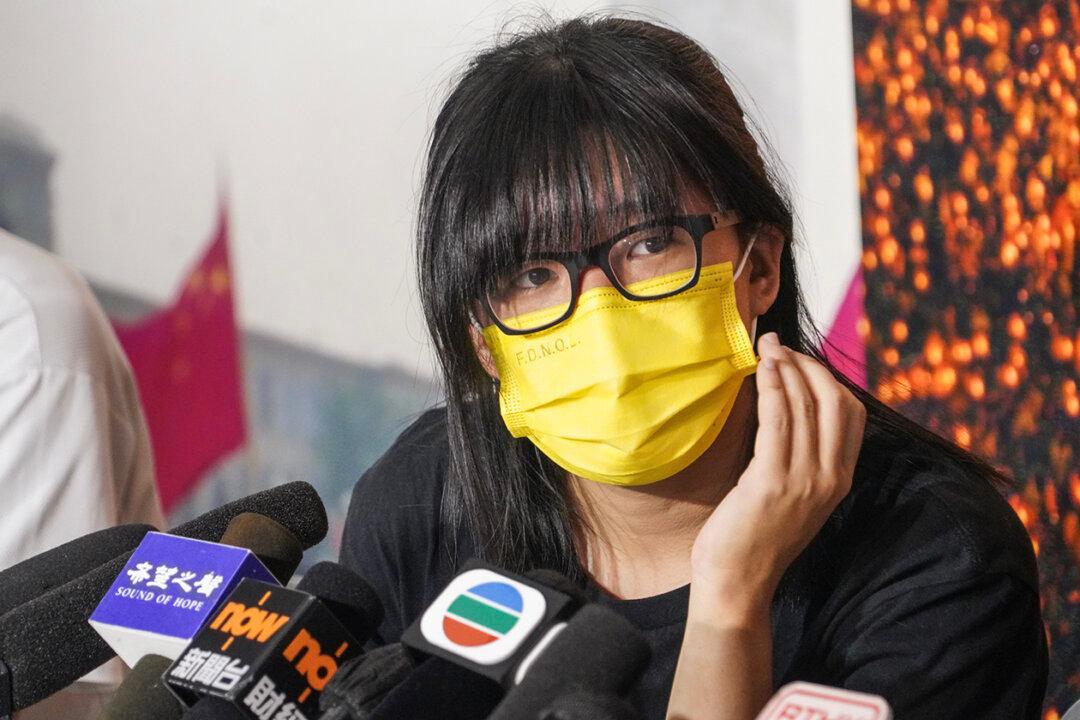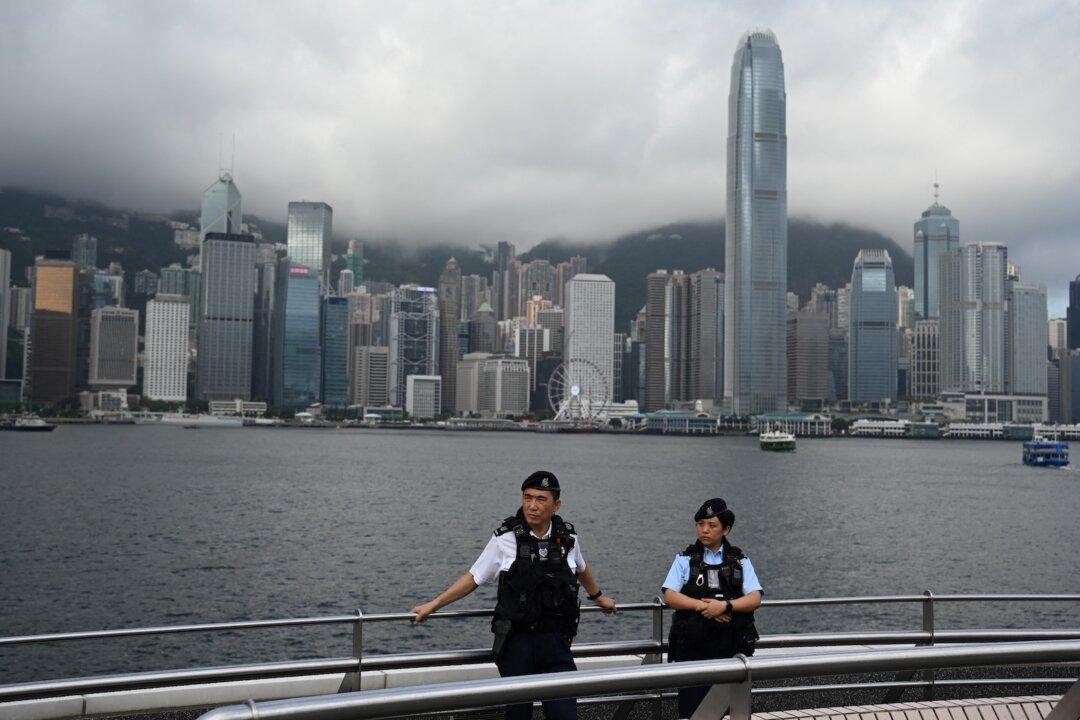Not long after Selina Cheng became the chairperson of the Hong Kong Journalists Association (HKJA) in July 2024, her then-employer, the Wall Street Journal (WSJ), dismissed her, citing “internal restructuring.”
She has since launched a private prosecution against her former employer on two charges, including “preventing employees from participating in the union.”
